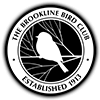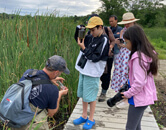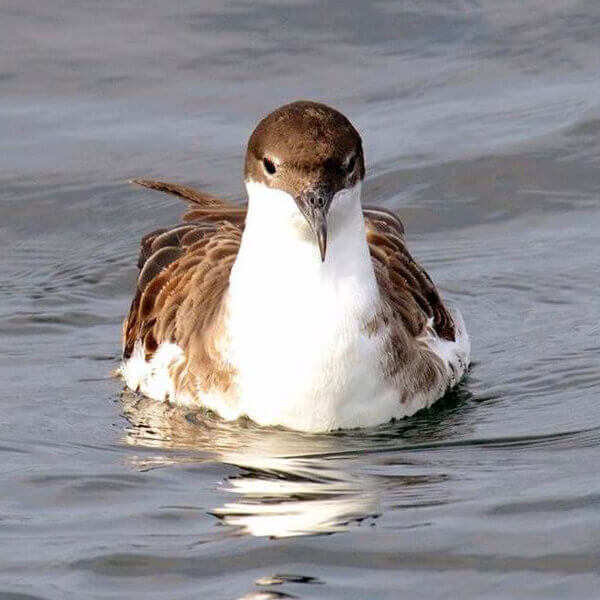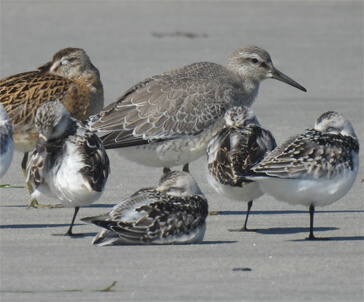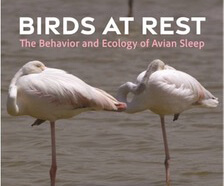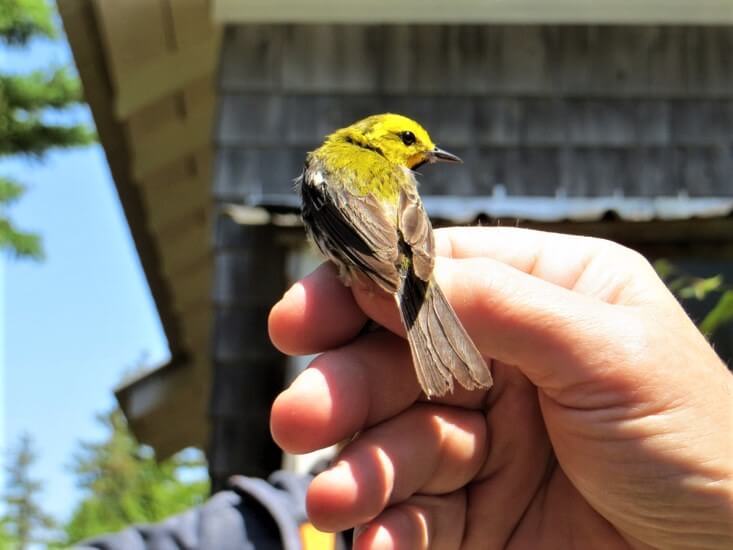With reports of too close encounters with owls, it’s time to check in and think about birding ethics.
It is NEVER okay to approach roosting owls closely.
The Brookline Bird Club’s code of Ethics says this – “Today’s birdwatchers are a powerful force for nature conservation. The number of humans interested in birds rises continually, and it is vital that we take seriously our responsibility to avoid any harm to birds or the environment on which they depend.”
Birds lead stressful lives. It’s wise for us to strive to minimize disturbance as we go out in the field regardless of season, whether or not the birds we seek to see are rare or not. From making noise to creating a visual disturbance to flushing birds or to harming habitat, our birding has impacts. We need to hold ourselves to high standards.
Winter is a time of often treacherous weather and limited food resources. So, keep your distance. Keep the visual disturbance down. Keep the conversation down. Photograph without disturbance. Give our birds a wide berth!
Roosting birds in particular, like Long-eared Owls, need to preserve their energy for when it is needed. Give them some extra space and respect their sensitivity to disturbance. This issue became clear several years ago when a roost site in Eastern Massachusetts was heavily visited.
The American Birding Association has a code of ethics you can view – ABA Code of Birding Ethics – American Birding Association.
Likewise, many local birding clubs and organizations have codes of ethics as well. The Brookline Bird Club code, for example, is here.
eBird has guidance for viewing and reporting Sensitive Species here.
A resource for photographers is Audubon’s Guide to Ethical Photography.
The North American Nature Photography Association provides this.
As a community, we want others to share our passion for birds. It’s also a good idea to remain on good terms with landowners and homeowners near birding locations. At the very least, in our own self-interest, we also do not want our opportunities to go out birding to be negatively impacted.
The BBC is urging each birding organization in the area to discuss birding ethics at your next gathering and to highlight this issue in your newsletters, websites and other outreach. With new folks joining the ranks of the birding community, it’s especially vital to introduce and discuss the topic.
So, please read these materials now, and pledge to act ethically, as well as model ethical behavior, in the course of your birding adventures this year!
Finally, please SHARE this post!
News Categories
Upcoming Field Trips
Pine Hill Road Grassland
Lancaster - Pine Hill Road Grasslands Pine Hill Road, Lancaster, MA, United StatesWe will hike a sandy/gravelly field area for grassland breeding sparrows and warblers including Grasshopper Sparrow, and wait until sunset for whip-poor-wills.
Great Meadows NWR, Concord
Concord - Great Meadows Concord Unit, Entrance Rd, Concord, MA, United StatesWe will walk easy trails looking for shorebirds, ducks, wading birds, rails, and nesting songbirds. This is also a great time to look for butterflies and other interesting insects. Note that entrance fee or pass is required. Loaner binoculars available; please email trip leader to reserve a pair!
Whale and Seabird watching trip out of Gloucester
Gloucester - 7 Seas Whale Watch 63 Rogers Street, 7 Seas Wharf, Gloucester, MA, United StatesThe BBC is partnering with the 7 Seas Whale Watching Tour Company to travel to Stellwagen Bank - primary feeding grounds for the Humpback Whale, the endangered Right Whale, and other marine wildlife, including seabirds. With the help of onboard naturalists, we will search for seabirds - storm petrals, shearwaters, gulls and terns, gannets, and [...]
An Oasis for Birds at Belle Isle Marsh
East Boston - Belle Isle Parking Lot 1399 Bennington Street, Boston, MA, United StatesJoin DCR park staff for a relaxed, one-mile bird walk through flat, easy terrain at this Massachusetts State Reservation and birding hot spot. In July, At Belle Isle and at additional nearby locations—we’ll search for osprey, flocks of egrets, piping plover, migrating shorebirds, meadow and grassland nesting birds. Participants are responsible for their own transportation [...]
Charles River Path in Waltham
Waltham - Charles River Shaws Supermarket 130 River Street, Waltham, MA, United StatesStroll along an easy to walk paved path. Possible sightings include Wood Ducks, Yellow Warbler, Warbling Vireo, and Great Blue Heron. Cosponsored with Waltham :Land Trust and Menotomy Bird Club.
